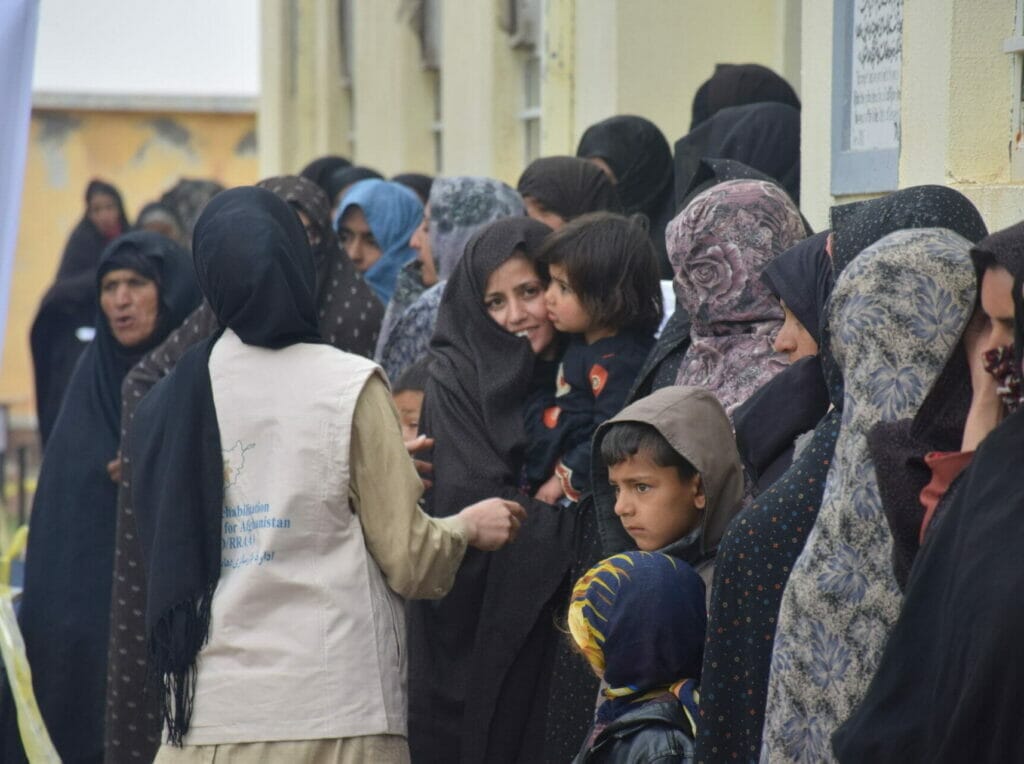
"We are very worried about the current situation of girls in Afghanistan. After almost 7 months of stop, secondary schools have not reopened for young women. The ban on attending school is terrible news that puts the future of thousands of women at risk". These are the words of Stefania Piccinelli, Head of International Programmes at WeWorld
On March 23 secondary schools were due to reopen after a stop of about 190 days due to the political situation in the country. It was a nasty surprise for the students, who instead found the gates closed on the same day and a notice saying: "Secondary classes closed until further notice".
“We had welcomed the Ministry of Education's announcement of the reopening of institutes for women at all levels of education," Piccinelli continued. "Today we are seriously concerned about this closure, which is reminiscent of the first Taliban regime, when girls under 12 were not allowed to study, work outside the home, drive or move around without a male relative accompanying them.”
In these days of closure, there has been no shortage of demonstrations, with women taking to the streets in Kabul to demand the right to study. It seems that one of the biggest constraints on women returning to school is the lack of a plan that allows them to attend in accordance with the current ‘rules’. The latter includes always being accompanied by a man or having to wear a uniform to class, despite the fact that there are currently already separate classes and timetables for men and women.
"We are working in a context where education, instead of being a right, has become a rarity. Four million Afghan girls and boys do not attend school already and while the former are subject to forced marriages, the latter are often forced to work in camps," concludes Stefania Piccinelli. "Not allowing women to continue their studies means depriving them of a better future, free from gender-based violence.”



